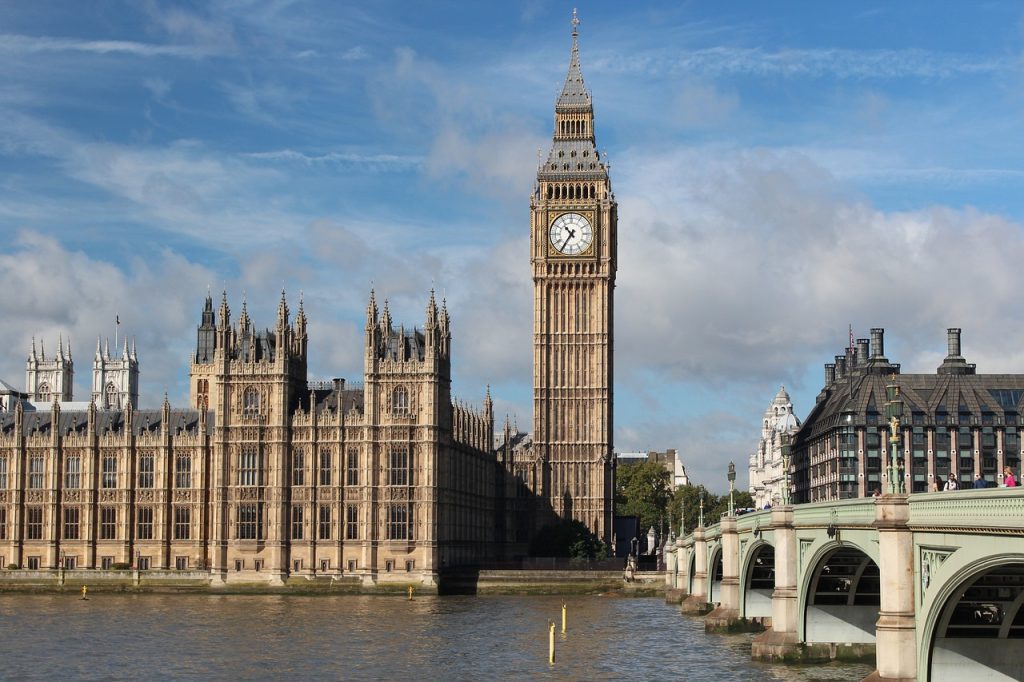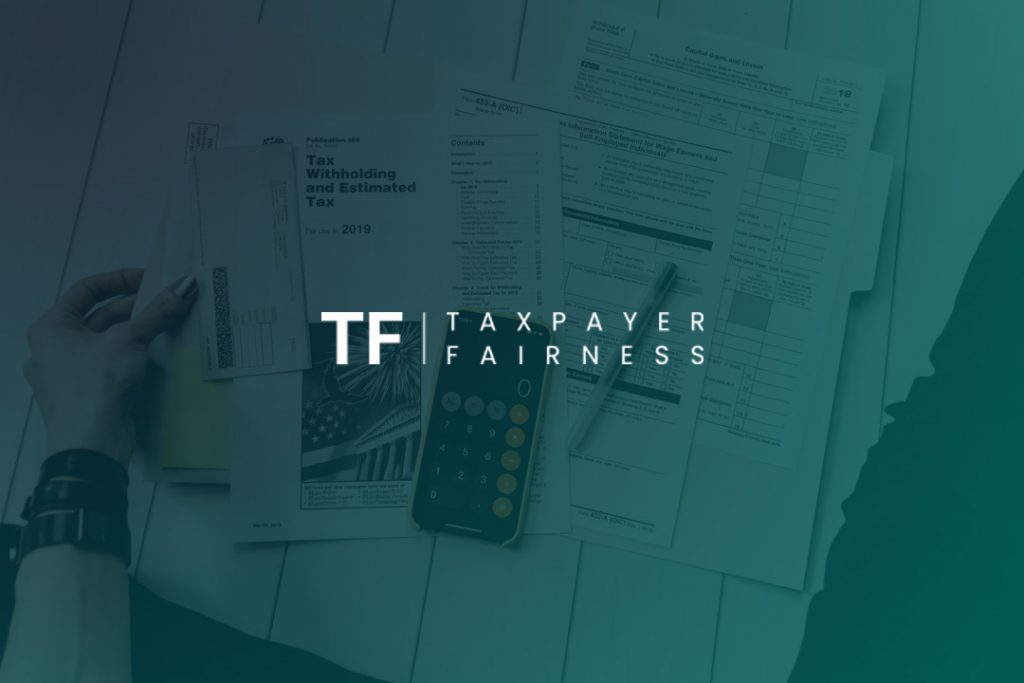In a triumph for democracy and the power of campaigning, the UK government has announced a legislative fix for the IR35 tax reforms (Chapter 10 ITEPA 2003), scheduled to be applied in Finance Bill 2024, but going back retrospectively to April 2017.
This change comes after five years of campaigning by contractor groups and stakeholders who have long advocated for a fairer and more equitable application of the off-payroll rules.
The unfair flaw
The original reforms failed to contain a simple tax offsets mechanism, present in other areas of tax like the PAYE Regulations 2003 (SI 2003/2682). The glaring anomaly, brought to the attention by the ICAEW as far back as March 2018, resulted in perverse outcomes where a firm was issued with a tax bill four times the perceived loss of tax because they would pay tax again on the same monies already taxed by the contractor. Further, the contractors, which HMRC had targeted as “not paying their fair share of tax”, ended up with full tax refunds and paid nothing.
Despite numerous concerns raised by stakeholders in the IR35 Forum, HMRC dismissed their concerns on 03 September 2021 and failed to act. However, the turning point occurred three weeks later, on 03 September 2021, when the private sector members of the IR35 Forum penned a letter to the UK government highlighting the unintended consequences of the reform.
Further representations were made to the National Audit Office and Public Accounts Committee, who highlighted the structural issues in their published report findings. Ministers pushed for changes, which the Treasury subsequentially signalled in December 2023.
After continued pressure from stakeholders, including Taxpayer Fairness, this resulted in the announcement of the simple and fair policy measure on 27 April 2023.
Democracy works
The government’s decision to fix the IR35 tax reform demonstrates its commitment to an open and collaborative democratic process. By listening to citizens’ concerns, Parliament has taken the necessary steps to address the unintended consequences of the initial reform pushed through Parliament by the unelected bureaucracy.
This legislative fix will relieve thousands of contractors and businesses while fostering a more balanced and equitable tax environment for the freelance sector.
Whilst “IR35” remains and should ultimately, in our view, be erased from existence, we are a step closer to fairness.
The announcement showcases the impact of campaigning when stakeholders and the government work together to address vital issues.
But there’s more to be done – how can you help?
The reality is that the legislation should never have passed Parliament with flaws in the first place. It demonstrates that better checks and accountability are needed in the administration of the tax system.
The Taxpayer Fairness campaign argues that HMRC’s administration of the self-employed and small businesses is patently unfair, opaque, uncertain and inconsistent. And we have a solution.
- Please read about our campaign goals.
- Watch the evidence we gave recently to Parliament.
- Change can happen, but we need support to ramp up a professional campaign as we head towards the general election in 2024. If you are able to help, then please get in touch.


